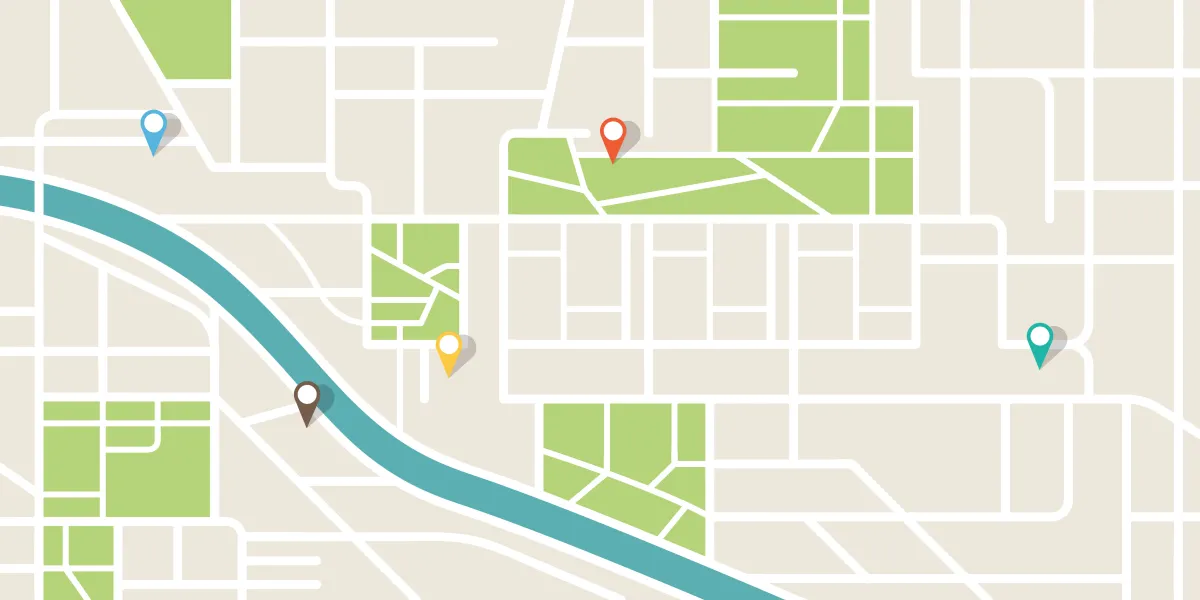
Restrictions and Requirements
To apply for a cannabis license, you must meet the following:
- Must be 21 years of age or older.
- Must have lived in Washington state for at least six months before submitting an application.
- Must submit Personal Criminal History form and have fingerprints taken.
- Note: This information will be requested as part of the application process. The LCB has specific requirements for fingerprints. Please wait until we request this and provided information on where to have them taken.
- This information may or may not be required for spouses, depending on their involvement in the business.
- An individual or married couple may not be a “true party of interest” in more than five retail cannabis licenses.
- True party of interest typically refers to individuals that have ownership in a cannabis business, receive profit from the business, and/or exercise control of the business. A full description with examples is provided in WAC 314-55-035.
- An individual or married couple may not be a “true party of interest” in both a cannabis retail license and a cannabis producer or processor license.
Location Restrictions and Requirements
LCB cannot issue a new cannabis license if the proposed business is within 1,000 feet of an elementary or secondary school, playground, recreation center or facility, childcare center, public park, public transit center, library, or any game arcade (where admission is not restricted to people age 21 and over). See WAC 314-55-050 for further information.
- The 1,000 foot distance is measured as a straight line from the property line of the proposed business location to the property line of the restricted location. The LCB uses geographic information system (GIS) mapping to measure these distances.
- Local jurisdictions may reduce the buffer zone to 100 feet of the locations listed above (except for elementary schools, secondary schools and playgrounds) by passing an ordinance. Contact the city or county authority directly for information on each jurisdiction’s allowances.
Check restricted locations here
The proposed location must be accessible to law enforcement and cannot be connected to a residence, located on federal land, located within another business, or located within the exterior boundaries of a federally recognized Tribe without written consent of the Tribe.
Below are some of the websites used by the LCB to verify restricted locations:
Local Laws and Rules
Each city or county has their own laws and rules related to zoning, permitting, and licensing. Contact them directly for information.
Related Rules
- WAC 314-55-010
- WAC 314-55-015
Real Property
It is important to note that a fully executed (signed/legally binding) lease, rental agreement, sales document, etc. is not required until the very end of the process before an LCB license is issued. The LCB usually requests a draft copy at the beginning of the application process, but it does not need be signed until the license is ready to be issued.
Real property refers to the land, and/or buildings or other things associated with the land where a business is located. Applicants must provide documentation that shows they have legal authorization to occupy the location. Example documents include:
- Leases
- Rental agreements
- Property tax statements
- Deeds
Documents used to show right to the real property must be in the name of the applicant entity. For example, if you apply as a sole proprietor, the lease must be in your name as an individual. If you apply as part of a Limited Liability Company, the lease must be in the name of the business entity (e.g. Example Entity, LLC).
Landlord Requirements
A cannabis licensee is not allowed to enter into an agreement which causes undue influence over another licensee or industry member. This rule prohibits lease or rental agreements between retail licensees and non-retail producer/processor licensees. When looking for a location, make sure the landlord is not a true party of interest in a non-retail producer and/or processor license.
Related Rules
- WAC 314-55-018
- WAC 314-55-020
- WAC 314-55-035